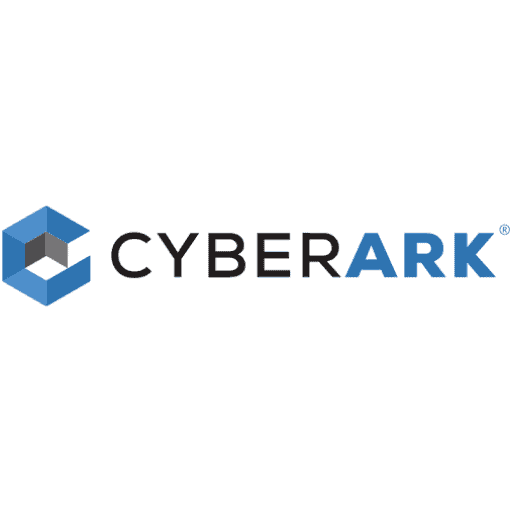Introduction
Corporate governance is on the brink of a major transformation driven by artificial intelligence (AI), which is already reshaping the way organisations operate. As we move deeper into the Fifth Industrial Revolution, AI is no longer a distant concept, but a central force that has fundamentally altered how companies are making strategic decisions, managing risks, and ensuring compliance.
The opportunity to harness AI’s capabilities is vast, but so too are the risks. As organisations look to AI to improve efficiency, drive innovation, and ultimately boost profitability, directors and boards must be mindful of their responsibility to manage AI adoption with care, diligence, and foresight.
AI’s disruptive potential in governance
AI’s integration into corporate governance processes is not a trend; it is a transformation. In the coming years, we can expect to see AI increasingly embedded in critical areas such as risk management, strategic decision-making, regulatory compliance, and boardroom effectiveness. AI has the potential to help organisations outperform competitors by improving due diligence, enhancing competitive analysis, and identifying both opportunities and risks more quickly than employees can on their own.
Integrating AI-powered solutions into governance platforms will help boards manage their growing responsibilities with increased efficiency. AI tools like those embedded in the Diligent One Platform assist boards by summarising and comparing materials, identifying discrepancies, and spotting potential risks. This allows directors to make faster, more informed decisions—ultimately improving value creation and organisational performance.
AI’s ability to process and analyse vast volumes of data has the potential to radically improve corporate governance. It can turn data overload and paralysis into actionable insights, helping organisations respond swiftly to emerging risks, regulatory changes, and shifting market conditions. However, as these tools become more widespread, boards must also ensure that their systems are secure and that AI is used responsibly, with robust risk management frameworks in place.
The risks of AI in governance: Legal and ethical challenges
While AI offers immense benefits, its adoption is not without risks. From a corporate governance perspective, the biggest concern is whether boards are fulfilling their legal duty of care as outlined in legislation such as Section 180 of the Corporations Act 2001 which imposes duties on directors to act in good faith and with due care and diligence. Directors could be personally liable for AI-related failures, particularly if they fail to oversee AI adoption properly or neglect to establish strong risk controls. Recent legal precedents indicate that directors may be held accountable even if they were not directly involved in AI-related incidents or violations.
In addition to legal risks, there are significant ethical considerations. As AI systems evolve, so too does the potential for bias, discrimination, and other unintended consequences. For example, AI algorithms can perpetuate systemic inequalities if not carefully monitored and regulated. Directors must ensure that AI is used in a way that aligns with their organisation’s ethical values and legal obligations, while safeguarding privacy, fairness, and equity.
When looking to implement AI solutions, it is critical that organisations select those that are secure, transparent, and aligned with global standards of governance. This means that the AI solutions need to adhere to internationally recognised principles such as the OECD AI Principles, ensuring that they are trustworthy, accurate, and privacy-conscious. However, in addition to carefully selecting ethical AI tools, the ultimate responsibility for the ethical use of AI lies with the organisation itself.
Navigating the evolving regulatory landscape
As AI continues to evolve, so too must the regulatory landscape. It’s clear that AI intersects with a range of issues—privacy, cybersecurity, corporate responsibility, sustainability, and even geopolitics. The regulatory framework will need to evolve to address these intersections, ensuring that AI is used in a way that is safe, ethical, and compliant with the law.
Organisations will need to stay abreast of rapidly changing legislation, such as the Australian Government’s ongoing work on mandatory AI guardrails for high-risk settings, and the new privacy and data protection standards emerging around the world. It is not enough to simply comply with existing regulations; directors must anticipate future legislation and proactively adapt their governance frameworks to ensure ongoing compliance.
AI’s impact on privacy and data protection is particularly significant. Given that data is the lifeblood of AI, the commodification of data—especially sensitive consumer data—raises concerns about exploitation and bias. Regulations must be developed to protect consumer welfare and ensure that AI systems do not exacerbate existing societal inequalities.
Strengthening governance with AI
The future of corporate governance will not be about AI replacing human decision-making; it will be about how AI can be used to augment human judgement and expertise. AI can empower boards to make more informed decisions faster, improve organisational efficiency, and better identify and manage risks. But at the same time, boards must exercise heightened vigilance to ensure that their use of AI by their employees, by their suppliers and for their customers remains ethical, transparent, and compliant with both existing and forthcoming regulations. Importantly, organisations must be cognisant of, and manage the risk of, AI being used upon them by bad actors.
For AI to be successfully governed, organisations must take ownership not only of their AI tools but of the broader framework surrounding them. This includes rigorous oversight, continuous monitoring, and a commitment to responsible AI adoption. Boards must be proactive in building a culture of AI governance that prioritises security, privacy, and fairness.




